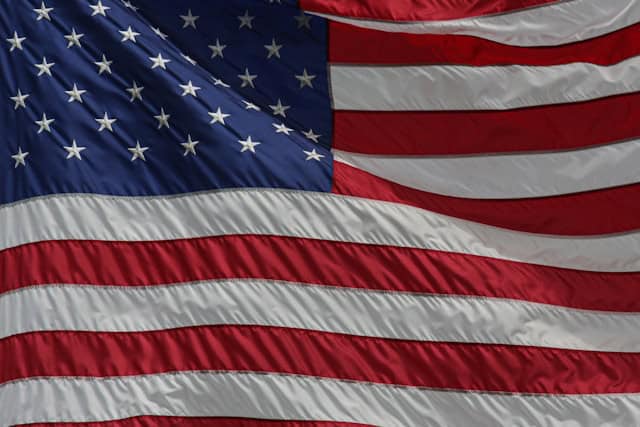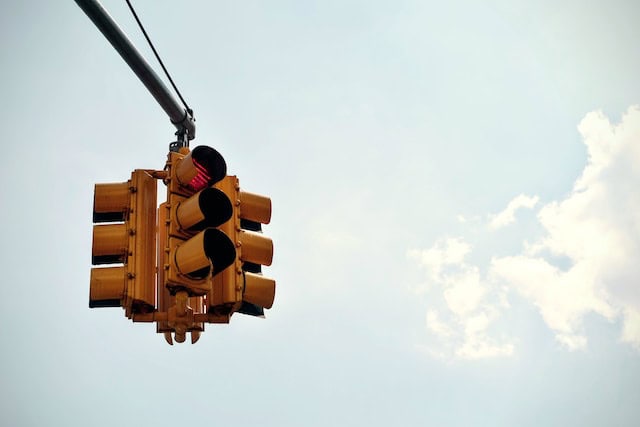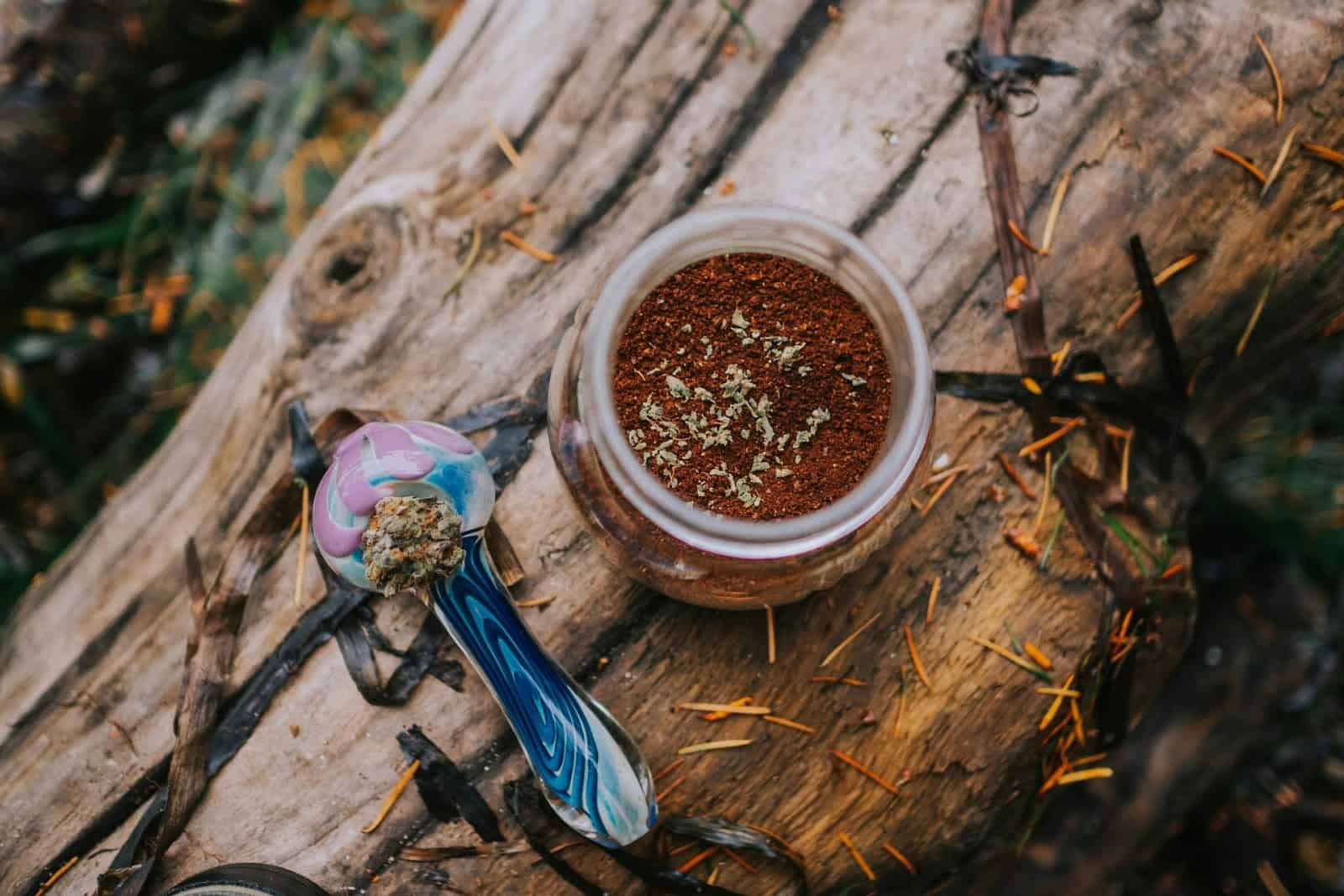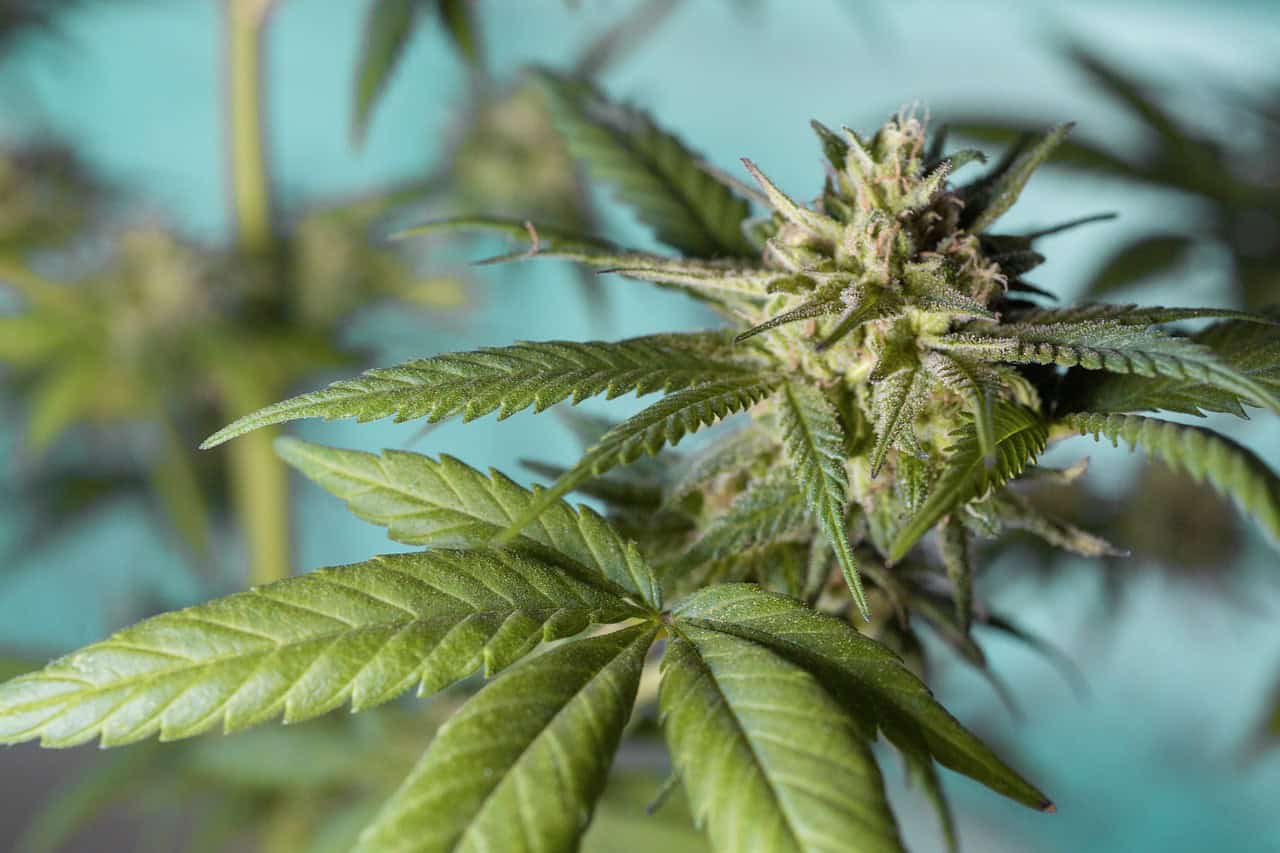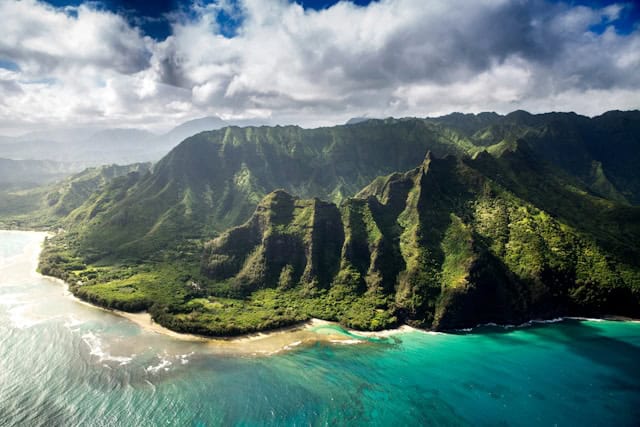
Is CBD Legal in West Virginia
Yes, CBD products are legal in West Virginia
 Legal
Legal
CBD is legal in West Virginia if it is under 0.3% in THC content. There are no possession limits for hemp-derived CBD products.
CBD, or cannabidiol is a compound derived from the cannabis plant. CBD has the potential to offer therapeutic benefits without psychoactive effects. It has shown promise in alleviating pain, reducing anxiety, and improving the quality of sleep. Research into CBD is still ongoing, but it has shown effectiveness in treating a variety of ailments. Before buying CBD in West Virginia, make sure to check the lab test results for each product to ensure that they are labeled accurately.
All forms of CBD products are legal to purchase regardless of age. However, retailers usually set the age of purchase to 18.
CBD has been widely used to treat conditions like epilepsy, chronic pain, anxiety, and depression.
CBD is not known to have any addictive or habit-forming properties,
While the primary ingredient of CBD gummies is cannabidiol, THC may be present in small amounts. This amount is by law required to be less than 0.3%.
Weed is a cannabis plant that has more than 0.3% THC by weight. CBD is an extract from weed that has beneficial effects but no psychoactive effects.
CBD can be a good treatment for those with chronic pain. CBD can reduce pain from cancer treatments like radiotherapy and chemotherapy. It can also relieve the symptoms of arthritis and neurodegenerative disorders.
CBD can be a good treatment for those with chronic pain. CBD can reduce pain from cancer treatments like radiotherapy and chemotherapy. It can also relieve the symptoms of arthritis and neurodegenerative disorders.
Is THC Legal in West Virginia
No, THC products are illegal in West Virginia
 Legal
Legal
In West Virginia, you must be at least 21 years old to purchase THC products from licensed dispensaries for medical use. However, individuals aged 18 and older can apply for a medical marijuana card if they have a qualifying medical condition. Minors under 18 may also access medical marijuana, but a designated caregiver, typically a parent or legal guardian, must apply for the medical card and make purchases on their behalf.
Yes, THC products in West Virginia undergo third-party testing. The West Virginia Medical Cannabis Board requires that all medical marijuana products sold in licensed dispensaries be tested by state-approved laboratories. This testing ensures that the products meet specific safety, quality, and potency standards, verifying that they are free from harmful contaminants. This regulatory framework is designed to protect consumers and ensure the quality and efficacy of cannabis products available in the state.
Yes, THC products in West Virginia undergo third-party testing. The West Virginia Medical Cannabis Board requires that all medical marijuana products sold in licensed dispensaries be tested by state-approved laboratories. This testing ensures that the products meet specific safety, quality, and potency standards, verifying that they are free from harmful contaminants. This regulatory framework is designed to protect consumers and ensure the quality and efficacy of cannabis products available in the state.
Is Delta-8 Legal in West Virginia
No, Delta-8 products are illegal in West Virginia
 Legal
Legal
The state passed Senate Bill 546 on March 29, 2023, which adds Delta-8, Delta-10, and other forms of THC to the state’s list of controlled substances. Making it illegal to consume Delta-8 in West Virginia; Delta-8 tetrahydrocannabinol (Delta-8 THC) is a cannabinoid discovered in the cannabis plant, renowned for its psychoactive properties, although less intense than the more familiar Delta-9 THC. The controversy surrounding Delta-8 primarily centers on its legal status, potential health risks, and the methods used in its production. Despite being derived from hemp, which was legalized in the United States through the 2018 Farm Bill, the extraction and conversion processes have come under regulatory scrutiny. Critics contend that these processes could result in impurities and safety concerns. Additionally, there are worries about its potential effects, especially among vulnerable populations like minors; as Delta-8 products are often marketed as a legal and less potent alternative to traditional marijuana. Consequently, the regulatory framework and public perception surrounding Delta-8 THC remain intricate and divisive.
The state passed Senate Bill 546 on March 29, 2023, which adds Delta-8, Delta-10, and other forms of THC to the state’s list of controlled substances. Making it illegal to consume Delta-8 in West Virginia; Delta-8 tetrahydrocannabinol (Delta-8 THC) is a cannabinoid discovered in the cannabis plant, renowned for its psychoactive properties, although less intense than the more familiar Delta-9 THC. The controversy surrounding Delta-8 primarily centers on its legal status, potential health risks, and the methods used in its production. Despite being derived from hemp, which was legalized in the United States through the 2018 Farm Bill, the extraction and conversion processes have come under regulatory scrutiny. Critics contend that these processes could result in impurities and safety concerns. Additionally, there are worries about its potential effects, especially among vulnerable populations like minors; as Delta-8 products are often marketed as a legal and less potent alternative to traditional marijuana. Consequently, the regulatory framework and public perception surrounding Delta-8 THC remain intricate and divisive.
Despite Delta-8's commonly recognized lower potency compared to Delta-9 THC, it can still produce psychoactive effects, emphasizing the necessity for judicious use. Those with pre-existing medical conditions or prescribed medications should seek guidance from a healthcare professional before delving into Delta-8.
The impact of Delta-8 THC on the body unfolds through its attachment to the CB1 receptors within the endocannabinoid system, primarily localized in the central nervous system. This connection initiates psychoactive effects, typically of a less intense nature compared to Delta-9 THC. Individuals often convey sentiments of serenity, euphoria, and a modified sensory perception. Delta-8 might also evoke an augmented appetite, induce dry mouth, and lead to red eyes. However, the expression of its effects can vary significantly among individuals, influenced by elements such as dosage, tolerance, and the unique sensitivity of each person to cannabinoids.
Delta-8 THC is illegal in West Virginia from June 8, 2023. The state passed Senate Bill 546 on March 29, 2023, which adds Delta-8, Delta-10, and other forms of THC to the state’s list of controlled substances.
Although both Delta-8 THC and Delta-9 THC share resemblances in their chemical compositions, Delta-8 is recognized for its decreased intensity and the propensity to produce a gentler, more mentally clear high. Many users prefer it as a conducive option for productivity.
Delta-8 THC is presented in multiple forms, like edibles, vape cartridges, tinctures, and capsules. The decision on how to partake is influenced by individual tastes and the desired effects.
Continuous discussions and investigations continue surrounding Delta-8 THC. Routinely considered less potent with milder psychoactive manifestations than Delta-9 THC, concerns persist regarding potential impurities stemming from its manufacturing processes. Furthermore, paralleling any psychoactive substance, the impacts fluctuate contingent on individual well-being, utilization tendencies, and dosage. A more extensive scientific inquiry is imperative to provide a conclusive evaluation, necessitating caution, particularly in the scarcity of well-defined regulatory benchmarks.
Commonly experienced side effects might include a dry mouth, red eyes, heightened heart rate, and short-term memory lapses. Generally, these reactions are less severe than those associated with Delta-9 THC.
Indeed, there is a potential for Delta-8 THC to produce a positive outcome on a drug test, as many tests lack the ability to differentiate between Delta-8 and Delta-9 THC. If you are subject to drug testing, exercising caution when using Delta-8 products is advisable.
In various regions, the age restrictions for Delta-8 product purchases vary; typically, you'll need to be either 18 or 21 years old. Be sure to investigate your local legislation to ensure conformity with age requirements.
You have several options for obtaining Delta-8 products, including licensed dispensaries, online retailers, and certain convenience stores. Always verify the legal status of Delta-8 in your locality and select a reputable vendor to ensure both product quality and compliance with local regulations before making a purchase.
Is Delta-9 Legal in West Virginia
No, Delta-9 products are illegal in West Virginia
 Legal
Legal
In West Virginia, the age requirements for purchasing Delta-9 THC products vary based on whether the use is medical or recreational. For medical use, you must be at least 18 years old to buy Delta-9 THC products from licensed medical dispensaries.
However, patients under 18 can also obtain medical marijuana if they have a qualified caregiver and comply with the state’s medical cannabis program requirements. Recreational use of Delta-9 THC is not legal in West Virginia, so there is no age requirement for recreational purchases, as such transactions are prohibited.
No, smoking Delta-9 THC flower is not legal in West Virginia for recreational purposes. Recreational use of Delta-9 THC is prohibited in the state. For medical use, patients who meet the state’s medical cannabis program requirements can use Delta-9 THC, but smoking in public or non-private areas may be subject to local restrictions. Always check local regulations and guidelines for specific details.
Yes, Delta-9 THC products in West Virginia must undergo third-party testing. This testing ensures that the products meet state quality standards, comply with state and federal regulations (including having less than 0.3% Delta-9 THC), and are free from contaminants such as pesticides, heavy metals, and residual solvents. This process helps ensure that Delta-9 products are safe, accurately labeled, and of high quality before they reach consumers.
In any case, be sure to do your research and only buy these products from reputable sources, as state-specific regulations can vary and may not be as comprehensive as those in states with more established cannabis programs.
Is HHC Legal in West Virginia
No, HHC products are illegal in West Virginia
 Legal
Legal
In West Virginia, the legal age to purchase HHC (Hexahydrocannabinol) products is 18 years old. This age requirement aligns with the regulations for buying hemp-derived cannabinoids and similar products in the state.
Additionally, any hemp-derived cannabinoid product can only be purchased through a licensed state vendor.
Yes, it is legal to smoke HHC (Hexahydrocannabinol) flower in West Virginia, as long as the product contains no more than 0.3% Delta-9 THC and adheres to federal and state regulations. West Virginia permits the use of hemp-derived cannabinoids under these conditions, so smoking HHC flower is allowed within these guidelines.
In West Virginia, there is no specific state requirement for third-party testing of HHC (Hexahydrocannabinol) products. However, reputable manufacturers and retailers typically carry out this testing to ensure their products are safe and compliant with legal standards. Third-party testing verifies that HHC products contain less than 0.3% Delta-9 THC and are free from harmful contaminants such as pesticides, heavy metals, and residual solvents.
In any case, we highly suggest that you do your research and always review Certificates of Analysis (COAs) to verify the quality and legality of HHC products.
Disclaimer
This information is derived from our independent research. Our team aims to ensure that we give you accurate up-to-date details from reliable state-run sources. However, we are not legal experts, and local laws can be subject to change.














